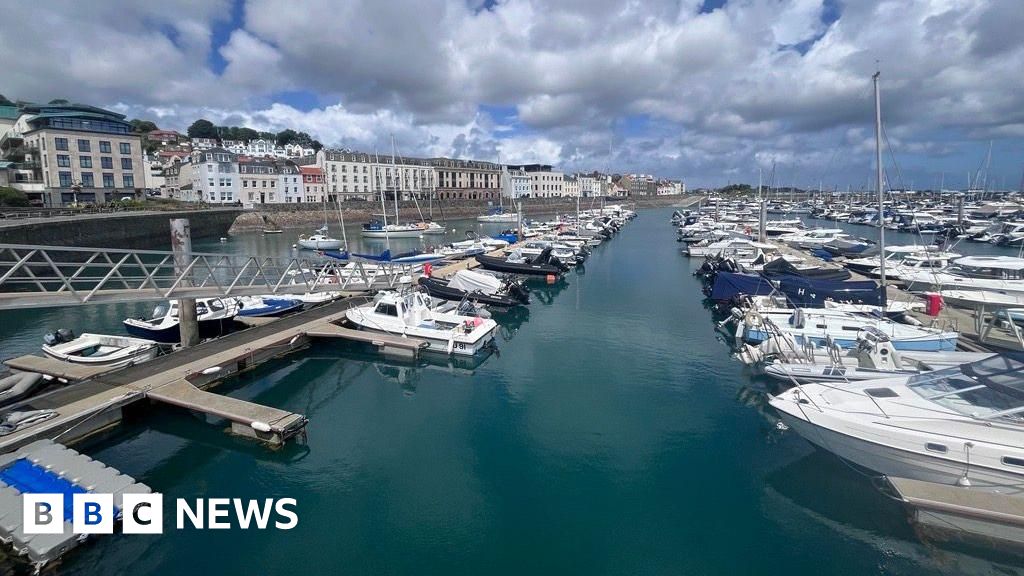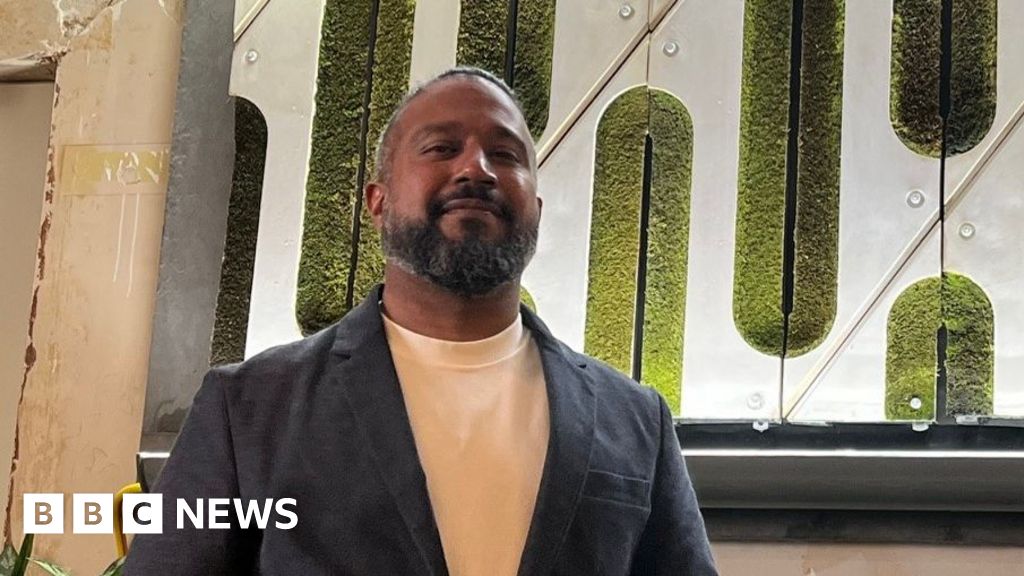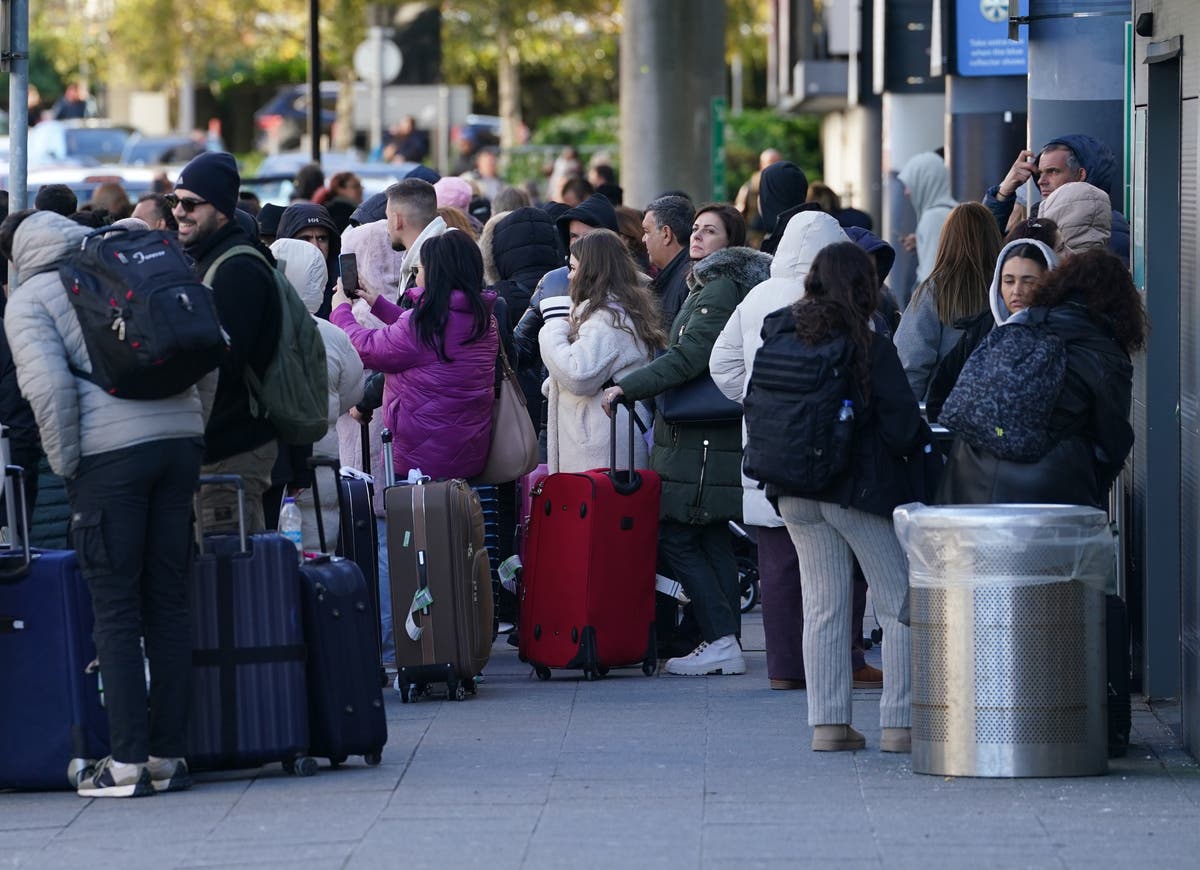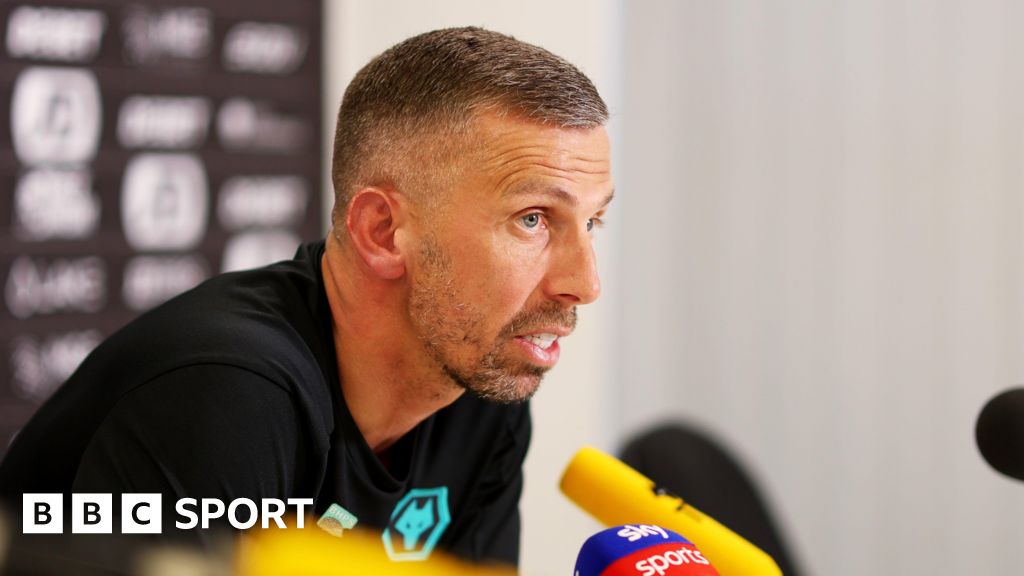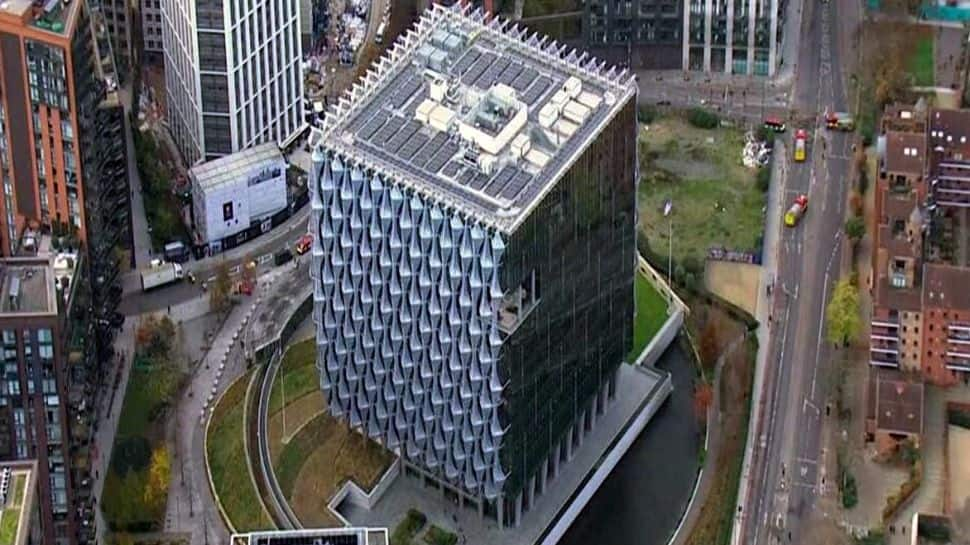World
London moving ahead with Taylor Swift concerts despite cancellation in Austria

VIENNA — The Austrian chancellor on Thursday defended organizers’ decision to cancel three Taylor Swift concerts in Vienna this week, saying it was justified because the arrests of two suspects who were believed to be planning terror attacks occurred too close to the shows, which were scheduled for Thursday, Friday and Saturday.
Tens of thousands of fans were left devastated by the news.
THIS IS A BREAKING NEWS UPDATE. ’s earlier story follows below.
VIENNA — Both suspects in a foiled plot to attack Taylor Swift shows in Vienna appeared to be inspired by the Islamic State group and al-Qaida, Austrian authorities said Thursday, and investigators found bomb-making materials at one of their homes. Officials said one of the two confessed to planning to “kill as many people as possible outside the concert venue.”
Three sold-out concerts were canceled a day earlier because of the plot, devastating Swifties from across the globe. Many of them had dropped thousands of euros on travel and lodging in Austria’s expensive capital city to attend the Eras Tour shows at the Ernst Happel Stadium, which sat empty Thursday morning as media filmed outside.
Concert organizers said they stood behind their decision, saying they expected up to 65,000 fans inside the stadium at each concert and as many as 30,000 onlookers outside, where authorities said the suspects planned to strike.
Officials told reporters that the main suspect, a 19-year-old Austrian, began working on his attack plans in July, and just a few weeks ago uploaded to the internet an oath of allegiance to the current leader of the Islamic State group. He planned to use knives or homemade explosives.
“He wanted to carry out an attack in the area outside the stadium, killing as many people as possible using the knives or even using the explosive devices he had made,” said Omar Haijawi-Pirchner, the head of the Directorate of State Security and Intelligence, citing the 19-year-old’s confession.
He was “clearly radicalized in the direction of the Islamic State and thinks it is right to kill infidels,” Haijawi-Pirchner added.
The 19-year-old quit his job on July 25 and made the statement “that he still had big plans.”
The foiled attack was planned for Thursday or Friday, according to Austria’s interior minister, Gerhard Karner.
Neither suspect appeared to have a ticket to any of the shows, he said.
During a raid of the main suspect’s home in Ternitz, south of Vienna, investigators found chemical substances and technical devices that indicated “concrete preparatory acts,” said Franz Ruf, director general for public security at the Ministry of the Interior.
Authorities said they also found Islamic State group and al-Qaida material at the home of the second suspect, a 17-year-old Austrian. He was employed a few days ago by a company providing services at the venue for the concerts, and was arrested by special police forces near the stadium.
The 17-year-old, who has Turkish and Croatian roots and has so far refused to comment on the allegations, had broken up with his girlfriend recently, officials said, adding that both suspects had undergone clear social changes recently.
Both teens were arrested Tuesday. Neither’s name was released in line with Austrian privacy rules.
Karner, the interior minister, said that Austria’s intelligence service had worked closely together with foreign intelligence services to capture the two teens. He did not identify the services, but added that the help was needed because Austrian investigators, unlike some foreign services, can’t legally monitor text messages.
No other suspects are being sought, though a 15-year-old who had been in contact with both suspects was also interrogated by police, Karner said.
“The situation is serious. But we can also say: A tragedy was prevented,” he said.
Concert organizer Barracuda Music said in an Instagram post late Wednesday that it had “no choice but to cancel the three scheduled shows for everyone’s safety.”
Barracuda said all tickets would be refunded. The same message was posted under the Vienna dates on Swift’s official website. Austrian rail operator OeBB in the meantime said that it would reimburse fans for train tickets that had been bought, but not yet used, to get to the concerts.
Swift has not spoken publicly about the plot or canceled shows. “Taylor Nation,” a verified Instagram page widely believed to be run by her team, reposted the announcement from Barracuda Music in a “story,” which is only visible for 24 hours. Her main account has not posted anything.
Last month, an attacker in England killed three girls and wounded 10 people in a knife attack during a Taylor Swift-themed dance and yoga class. Swift at the time said she was ‘’completely in shock’’ over the attack.
Europe is enamored with the American superstar, with the German town of Gelsenkirchen renaming itself “Swiftkirchen” before its mid-July concerts.
Austrian Vice-Chancellor Werner Kogler wrote on social platform X: “For many, a dream has been shattered today. On three evenings in Vienna, tens of thousands of #Swifties should have celebrated life together.”
“I am very sorry that you were denied this. Swifties stick together, hate and terror can’t destroy that,” Kogler added.
Austrian Chancellor Karl Nehammer posted on X that “the cancellation of the Taylor Swift concerts by the organizers is a bitter disappointment for all fans in Austria.”
“The situation surrounding the apparently planned terror attack in Vienna was very serious,” he wrote. But he added that, thanks to cooperation between police and Austrian and foreign intelligence, “the threat could be recognized early on, tackled and a tragedy prevented.”
The Vienna stadium had been sold out for the planned concerts, Austrian news agency A reported, with an estimated 170,000 fans expected for the concerts in Austria. Some who posted on X lamented months of now-wasted efforts to make friendship bracelets and pick out fashionable outfits for the performance.
Swift is expected to perform at London’s Wembley stadium in five concerts between Aug. 15 and 20 to close the European leg of her record-setting Eras Tour.
In 2017, an attack at an Ariana Grande concert in Manchester, England, killed 22 people. Suicide bomber Salman Abedi set up a knapsack bomb in Manchester Arena at the end of Grande’s concert as thousands of young fans were leaving. More than 100 people were injured. Abedi died in the explosion.
Swift’s biggest fear has always been that such large-scale violence could take place at her concerts, the superstar told Elle magazine in 2019 ahead of her Lover Tour, which was ultimately canceled because of the coronavirus pandemic. The attack at Grande’s concert, as well as a 2017 mass shooting at an outdoor country music festival on the Las Vegas Strip where 58 people were killed and 850 wounded, worried Swift as she prepared to circle the globe.
“I was completely terrified to go on this time because I didn’t know how we were going to keep 3 million fans safe over seven months,” she told the magazine. “There was a tremendous amount of planning, expense, and effort put into keeping my fans safe.”
An official inquiry reported in 2023 that Britain’s domestic intelligence agency, MI5, didn’t act swiftly enough on key information and missed a significant opportunity to prevent the bombing, the deadliest extremist attack in the United Kingdom in recent years.
Terrorism expert Magnus Ranstorp, based at the Swedish Defense University in Stockholm, told The Associated Press by phone that any mass public event constitutes a potential threat now, and noted that concerts, like that of Ariana Grande, have been targeted.
“So we shouldn’t be surprised that these extremely popular iconic popstars that attract a massive audience will also attract terrorists that want to create fear and destruction and mayhem, and they target these concerts symbolically, culturally. In some ways Taylor Swift — and all these Swifties — is culturally and symbolically representative of the United States. She’s an American artist and has a massive, massive following.”
Dazio and Grieshaber reported from Berlin. Associated Press writers Jan M. Olsen in Copenhagen, Denmark; and Vanessa Gera in Warsaw, Poland, contributed to this report.
This article was generated from an automated news agency feed without modifications to text.

